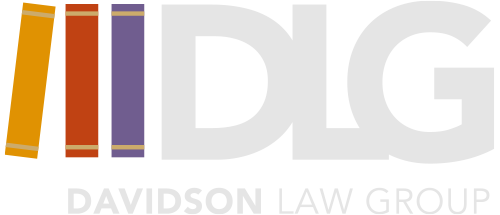Dana Davidson - Full Bio
Dana T. Davidson holds degrees from the Benjamin N. Cardozo School of Law and State University of New York at Stony Brook and has been practicing immigration law since 2003 in New York and nationwide. She represents corporations, individuals, and families in a broad range of immigration matters. Attorney Davidson has offices in New York City and Glen Cove.
Education
- Benjamin N. Cardozo School of Law, Yeshiva University, New York, New York
- Juris Doctor – 1988
- Honors: Moot Court Board, Member, Judge
- State University of New York at Stony Brook, Stony Brook, New York
- Bachelor of Arts – 1982
- Major: Political Science
- Concentration: Business
Pro-Bono Activities
- Safe Passage Project, Volunteer Attorney, 2013-Present
- Educating the Educators, Founder, 2012-Present
- Momentum Project, Board Member, 1991-1994 Bar Admission
- New York, Eastern District
- New York, Southern District
- Washington, D.C.
Speaking Engagements
- AILA RDC-EMEA Spring Conference 2018, Berlin, Germany, Speaker on “Public Charge” panel
- AILA RDC-EMEA Fall Conference 2018, Johannesburg, South Africa, Speaker: “Practice Management in the New Age” panel
- AILA RDC-EMEA Spring Conference 2018, Madrid, Spain, Speaker: “El Traje de Luces: Self-Sponsored Petitions – EB-1A and NIW” AILA RDC-EMEA Spring Conference 2017, Brussels, Belgium, Speaker: “Continuing Blanket L Challenges”
- Safe Passage Project, March 2017, Speaker: “Representing Unaccompanied Minors: Special Immigrant Juvenile Status and the Effects of President Trump’s Executive Orders on Immigration”
- AILA RDC-EMEA Fall Conference 2016, Speaker: “It’s Not About Money: I-864”
- AILA RDC-EMEA Spring Conference 2016, Vienna, Austria, Speaker: “K-Visa: Differences Between K-1 and I-130 Processing”
- New York Institute of Technology’s Center for Entrepreneurship, January 2016, Entrepreneur/Executive-in-Residence
- AILA Fall Conference 2015, London, UK, Speaker: Impact of joint sponsors on family-based cases
- Goldman-Sachs 10,000 Small Business Education Program, October 2014, “What is required to grow a business?”
- Dowling College, May 2013, Keynote Speaker at the first annual Latino Summit at Dowling College
- International Taxation Conference, 2010


